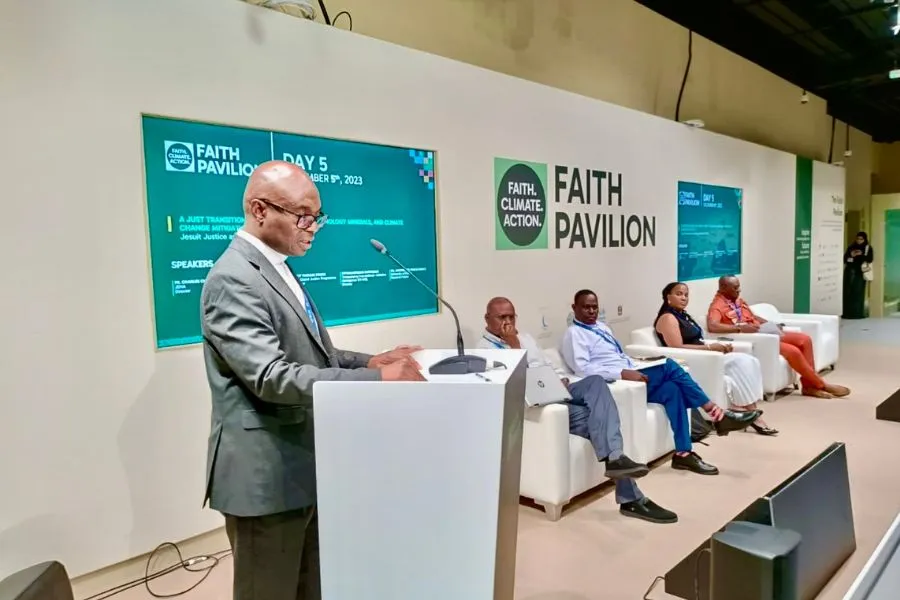Nairobi, 06 December, 2023 / 9:57 pm (ACI Africa).
Faith and civil actors in Africa are calling for “ethical practice” in accessing Africa’s natural resources.
At a COP28 side event that the Jesuit Justice and Ecology Network (JENA) and the Pan African Climate Justice Alliance (PACJA) organized, the need to ensure “environmental integrity” in the process of extracting Africa’s minerals was underscored.
The Chairman of the Association of Member Episcopal Conferences in Eastern Africa (AMECEA), Bishop Charles Kasonde, highlighted cobalt present in the Democratic Republic of Congo (DRC) and lithium in Zimbabwe as some of the highly needed minerals and cautioned against taking advantage of Africa and her people.
“The extraction of these minerals must be approached with a commitment to ethical practice, ensuring that Africa’s generosity in sharing its natural wealth does not come at the cost of its own environmental integrity and the well-being of its people,” Bishop Kasonde said in his message read out by the AMECEA Secretary for Social Justice and Ecology, Fr. Paul Igweta, during the Tuesday, December 5 event.
The Catholic Bishop of Zambia’s Solwezi Diocese emphasized the need for “a balanced and fair exchange where Africa’s pivotal role in combating climate change is recognized and valued, not exploited.”








